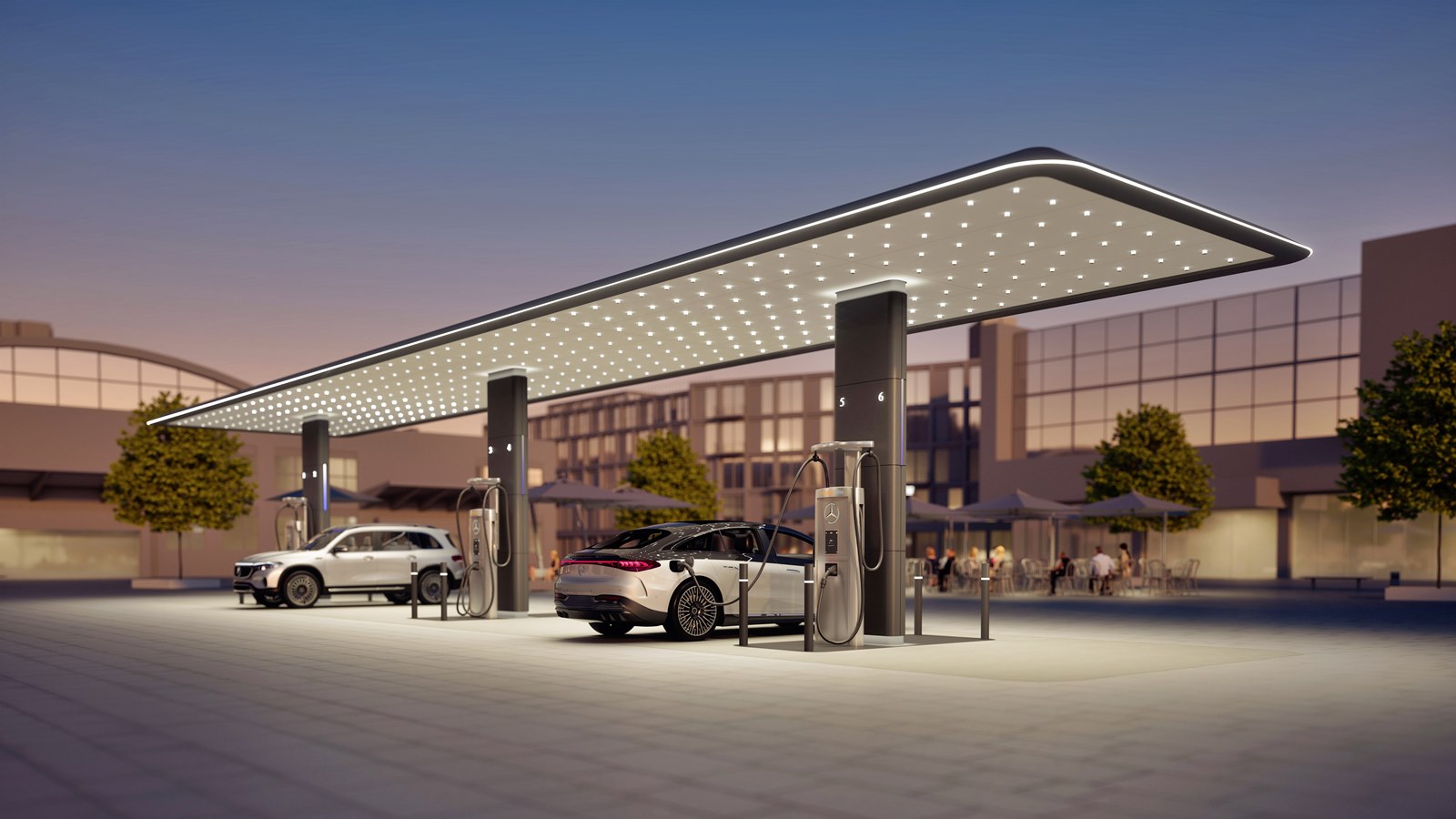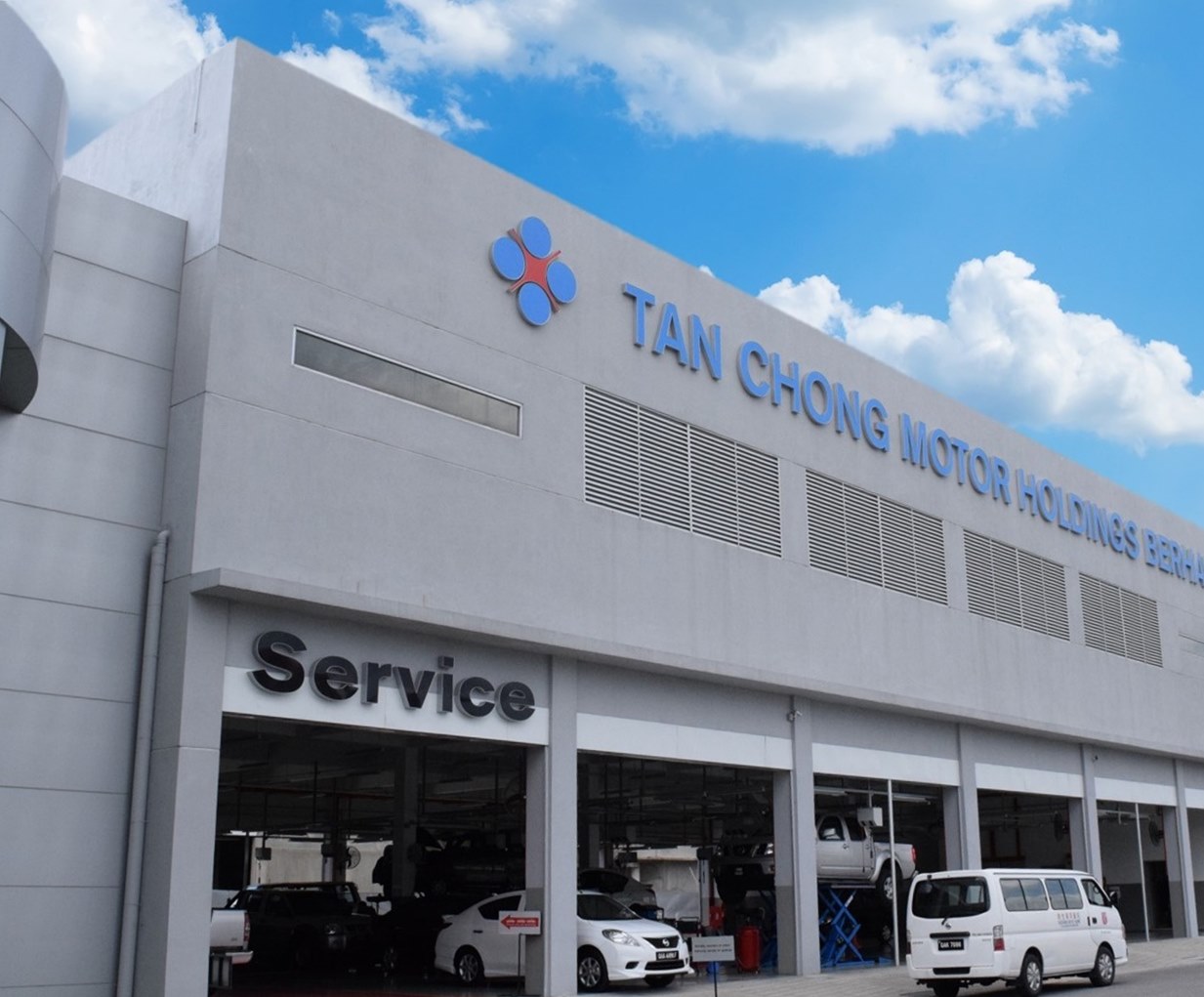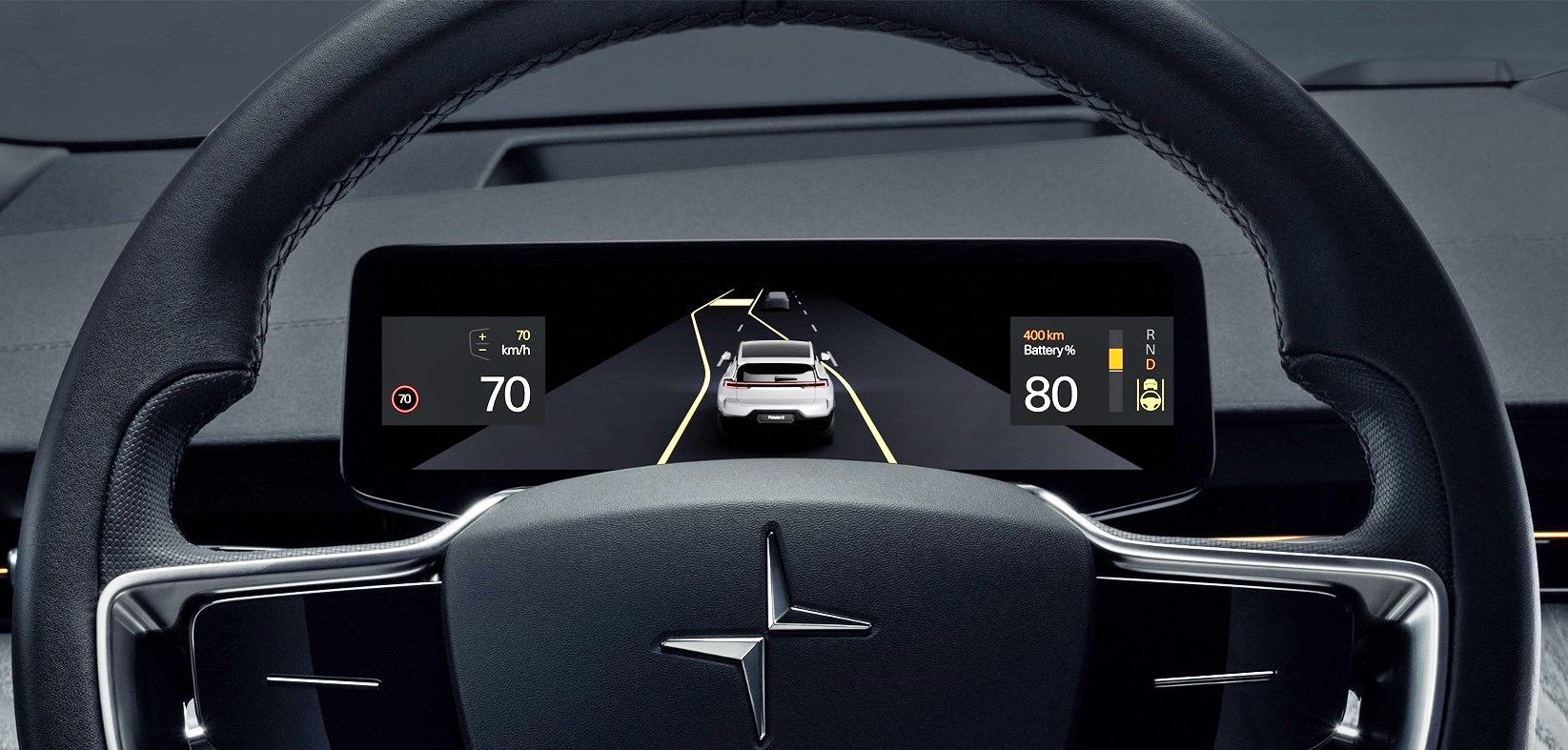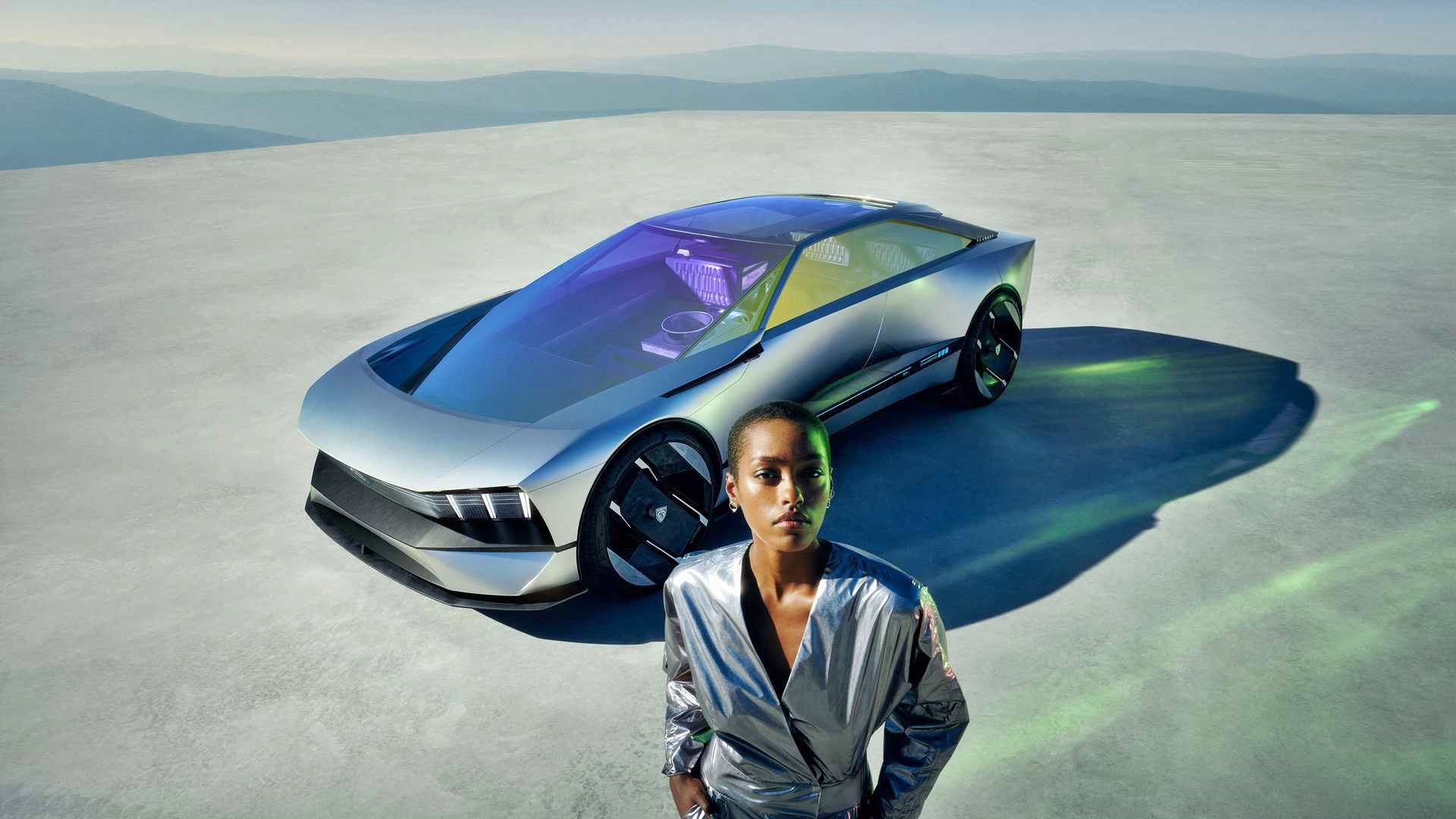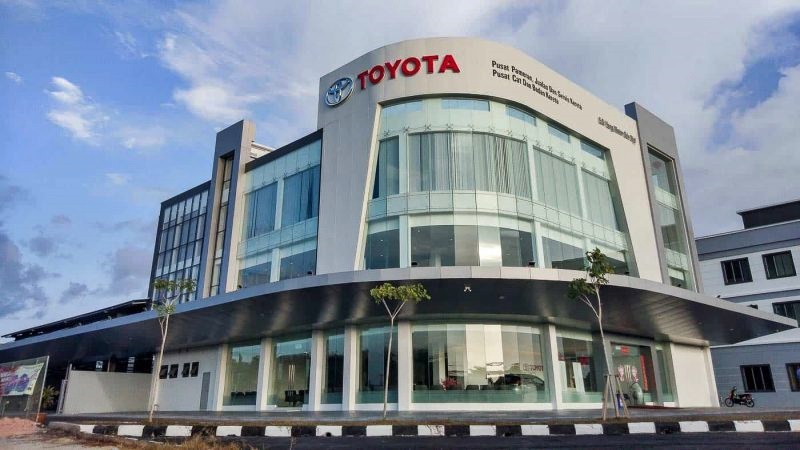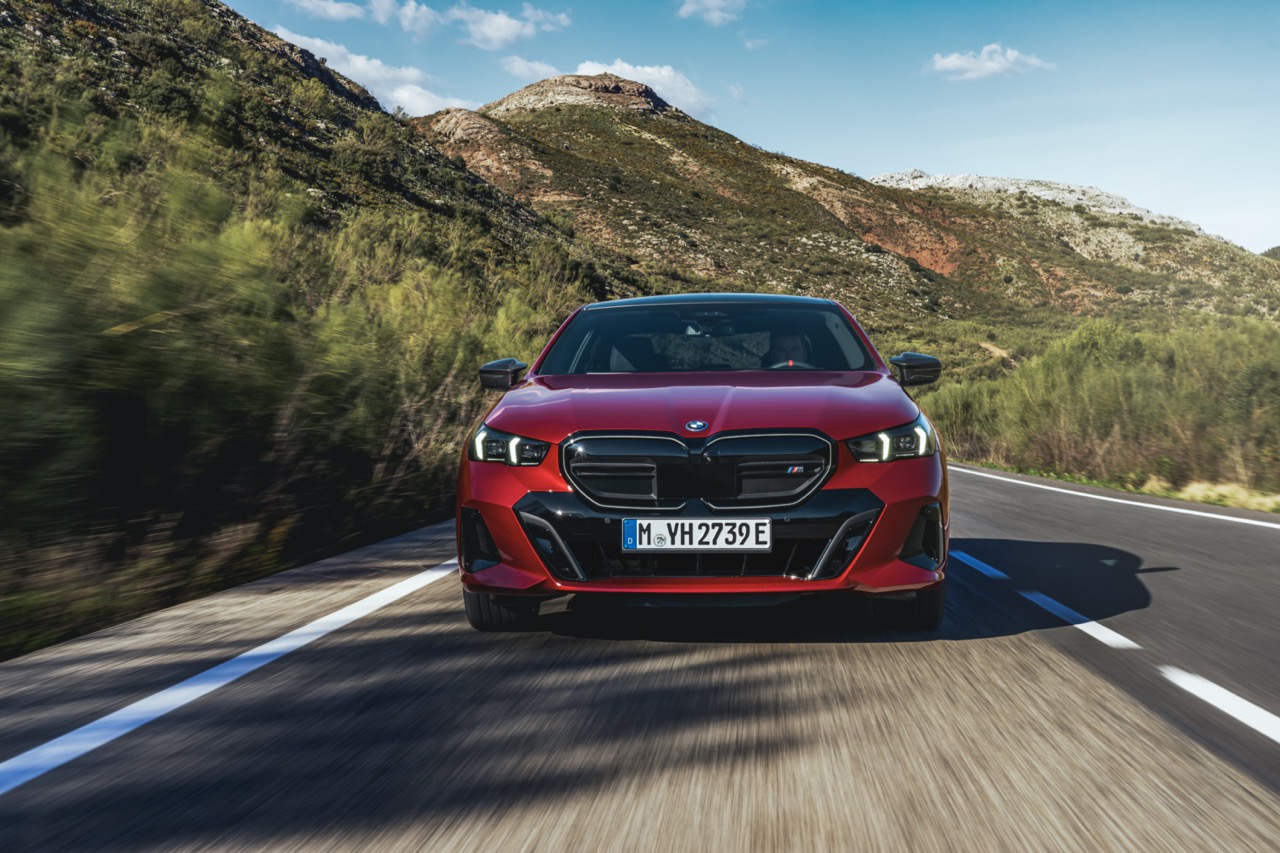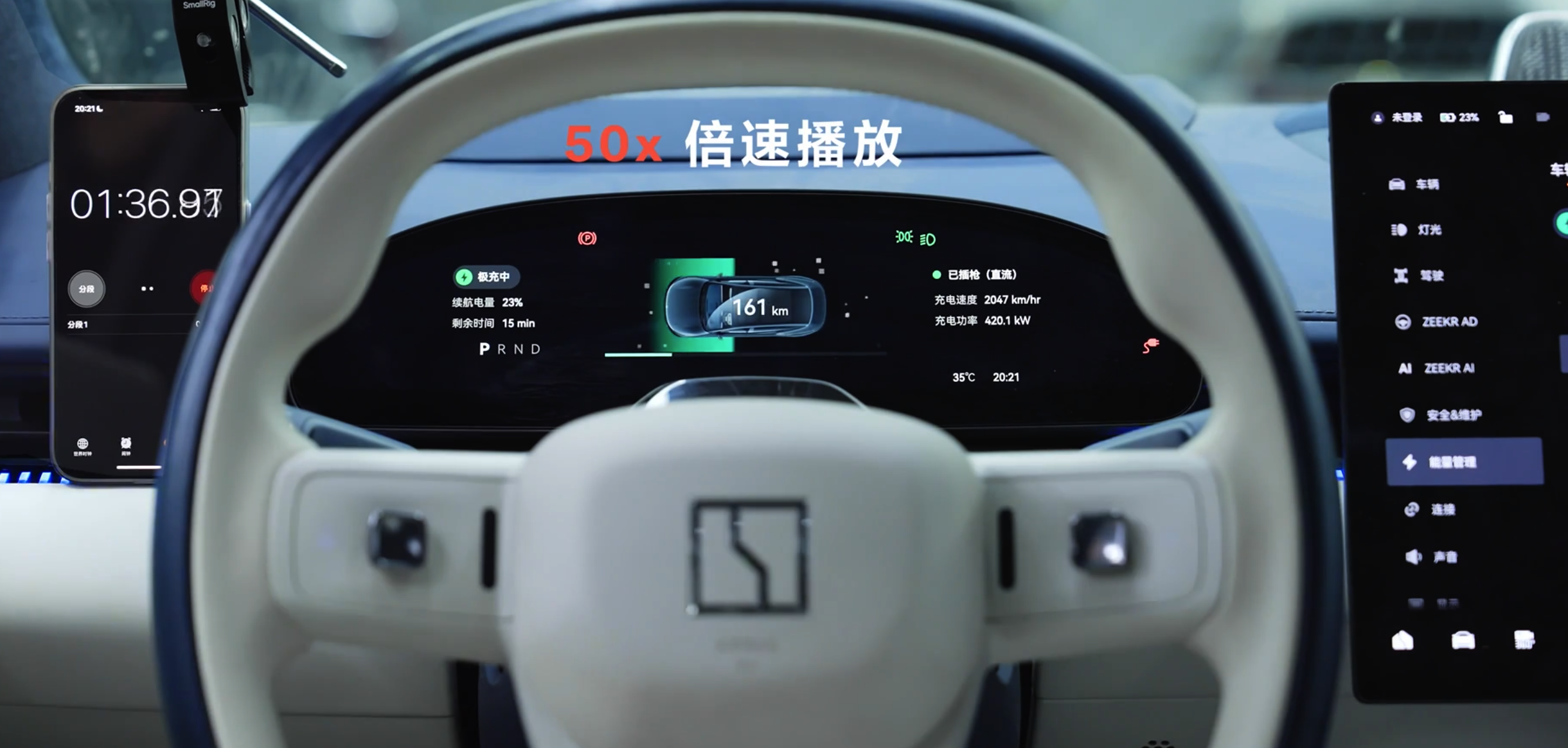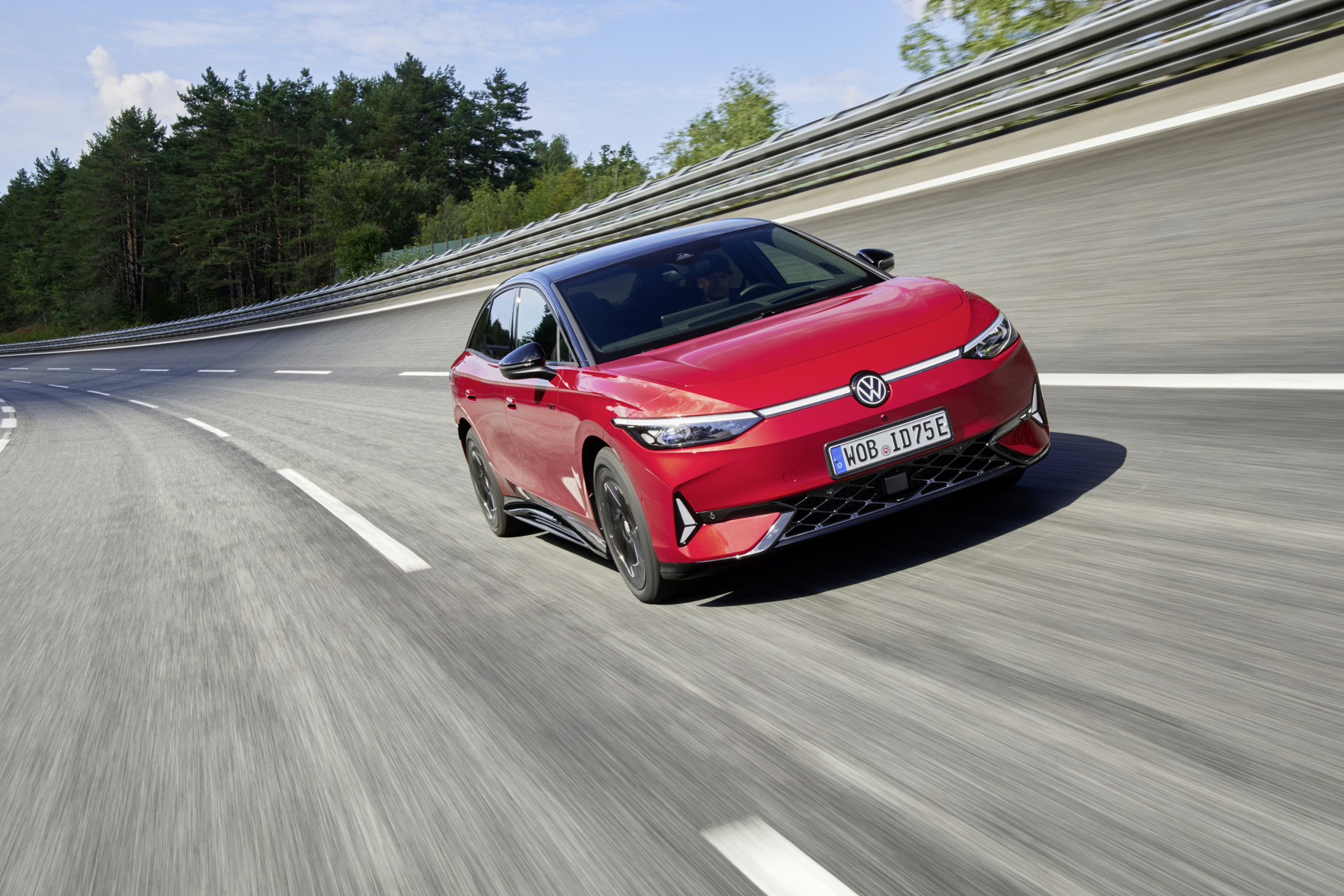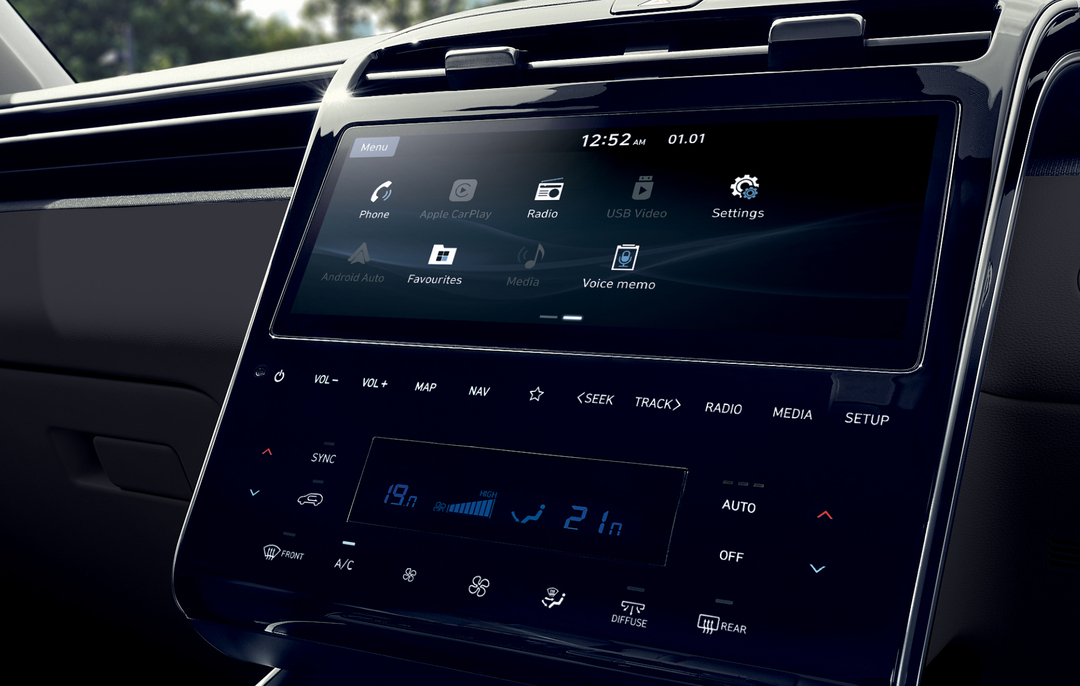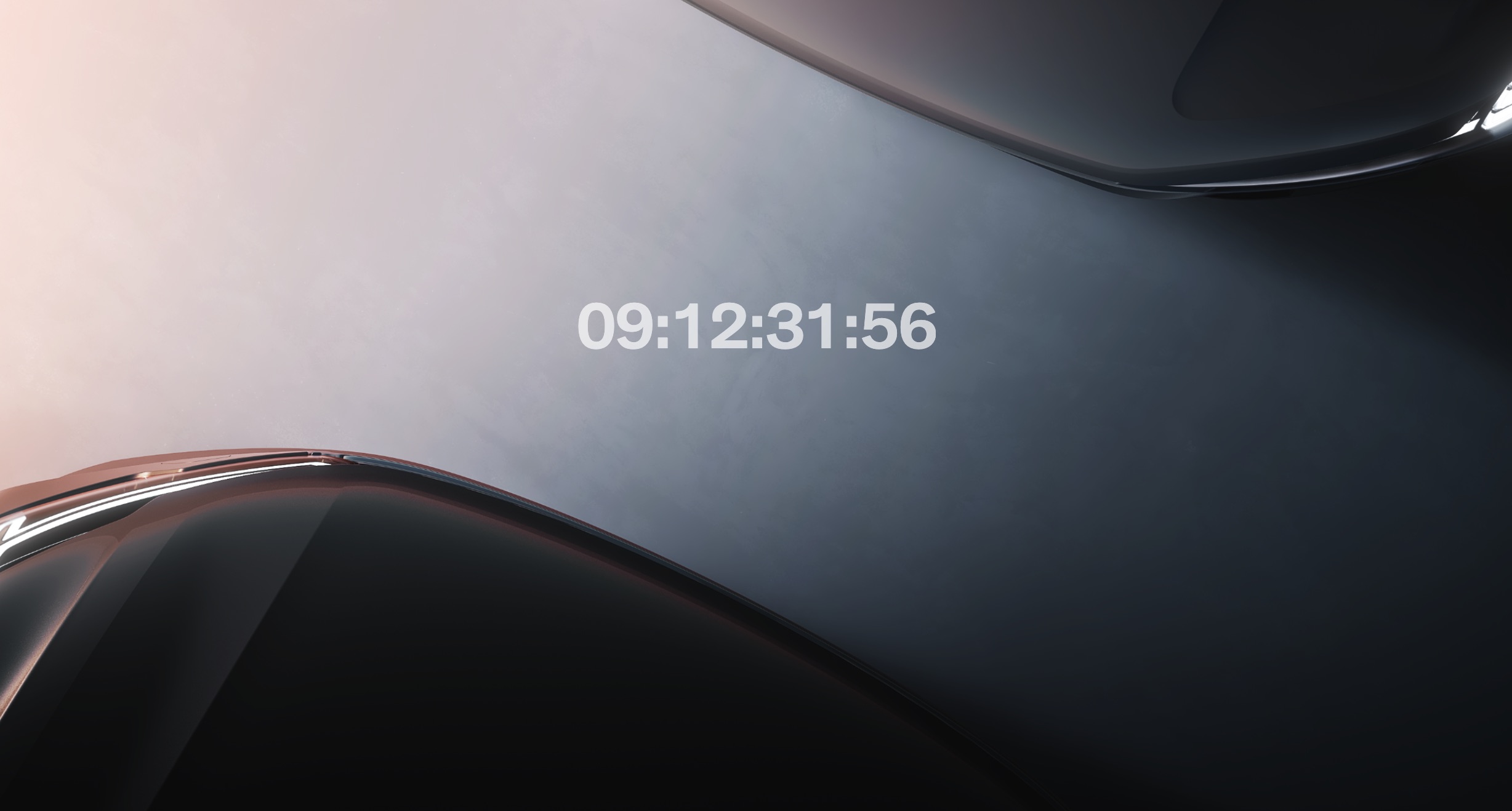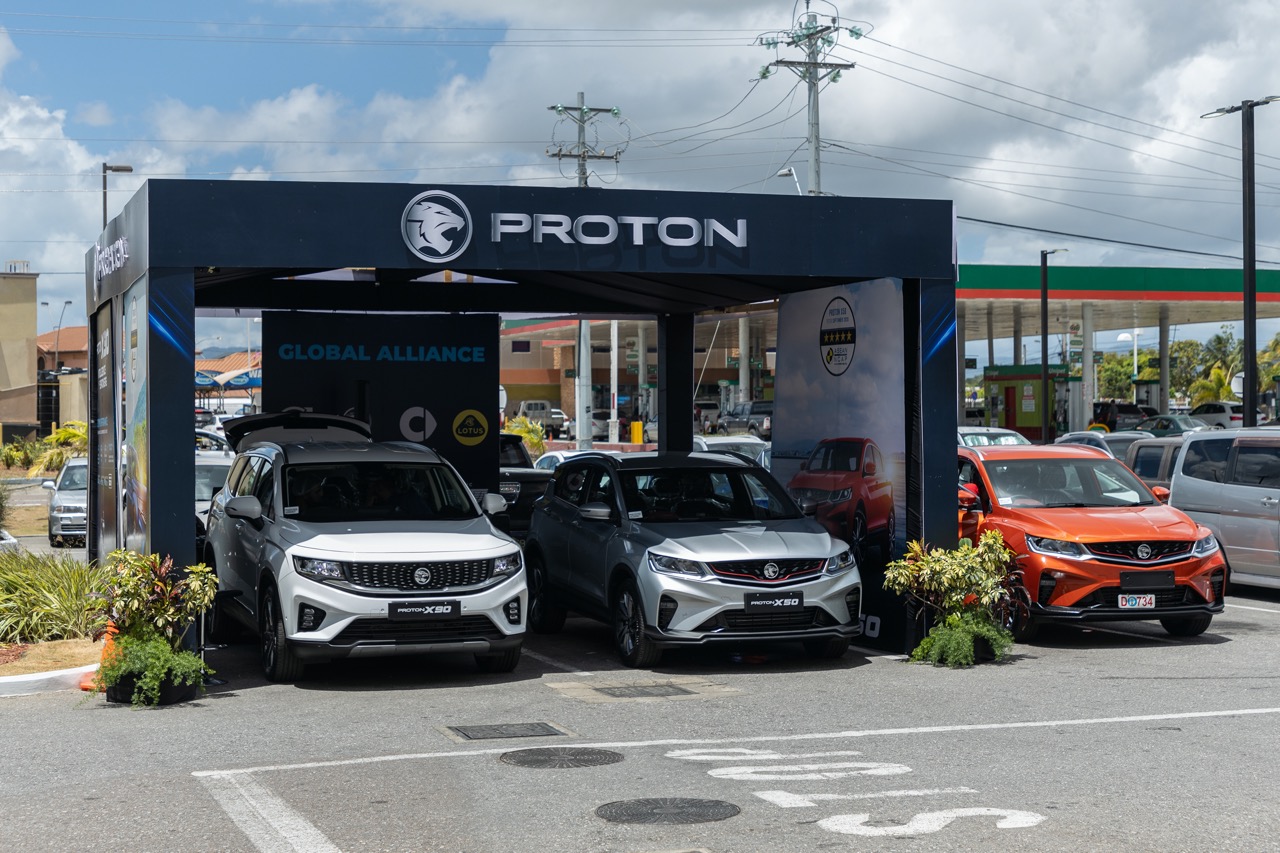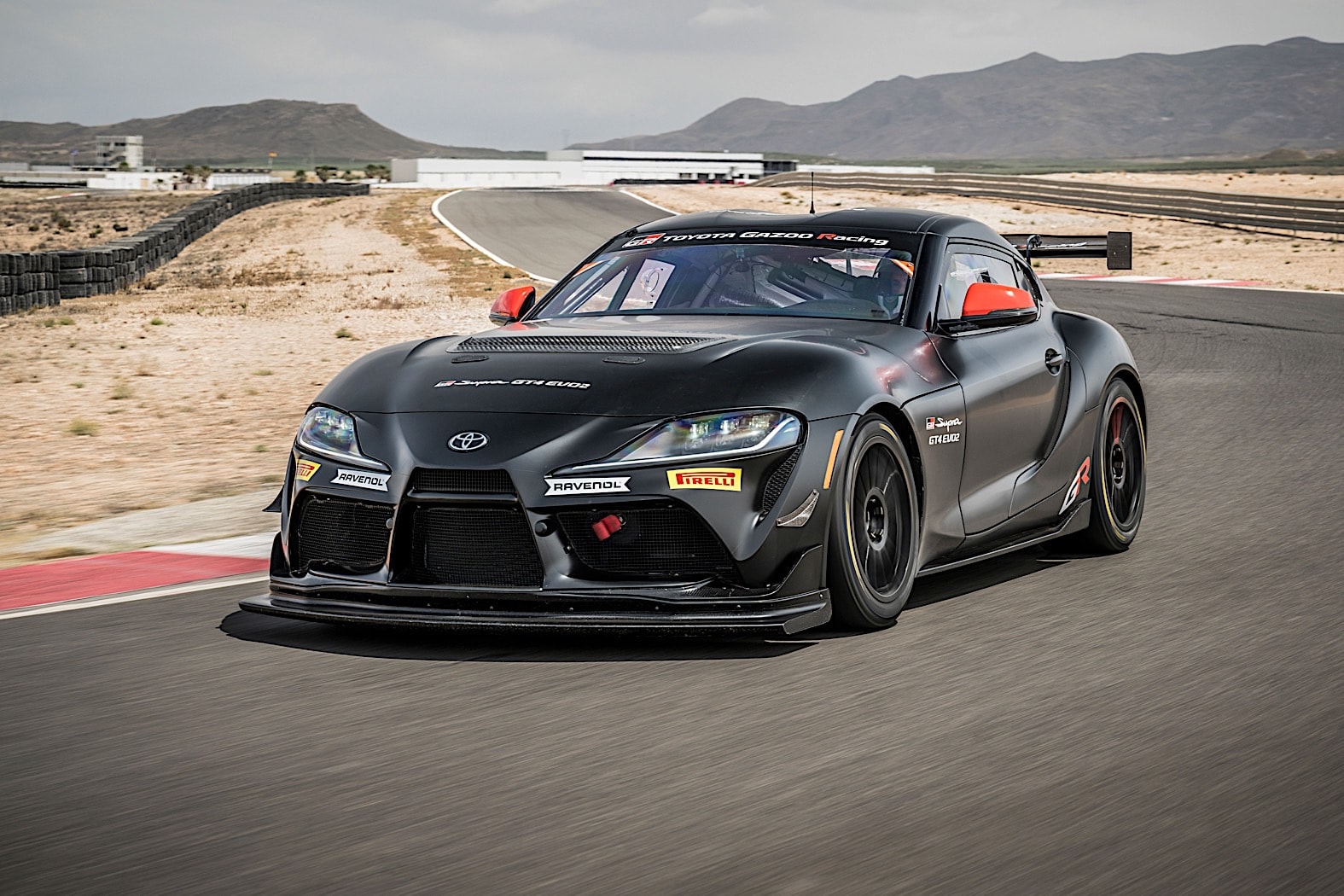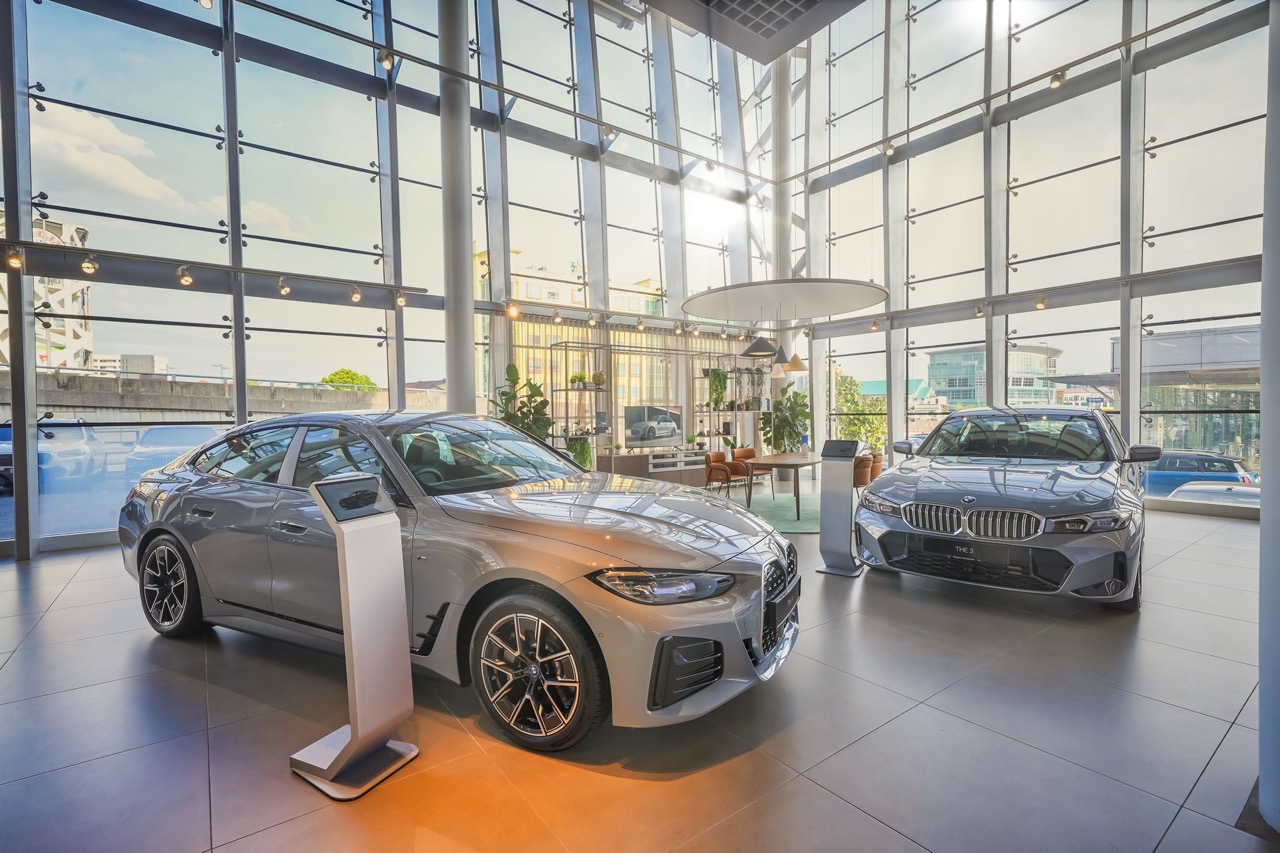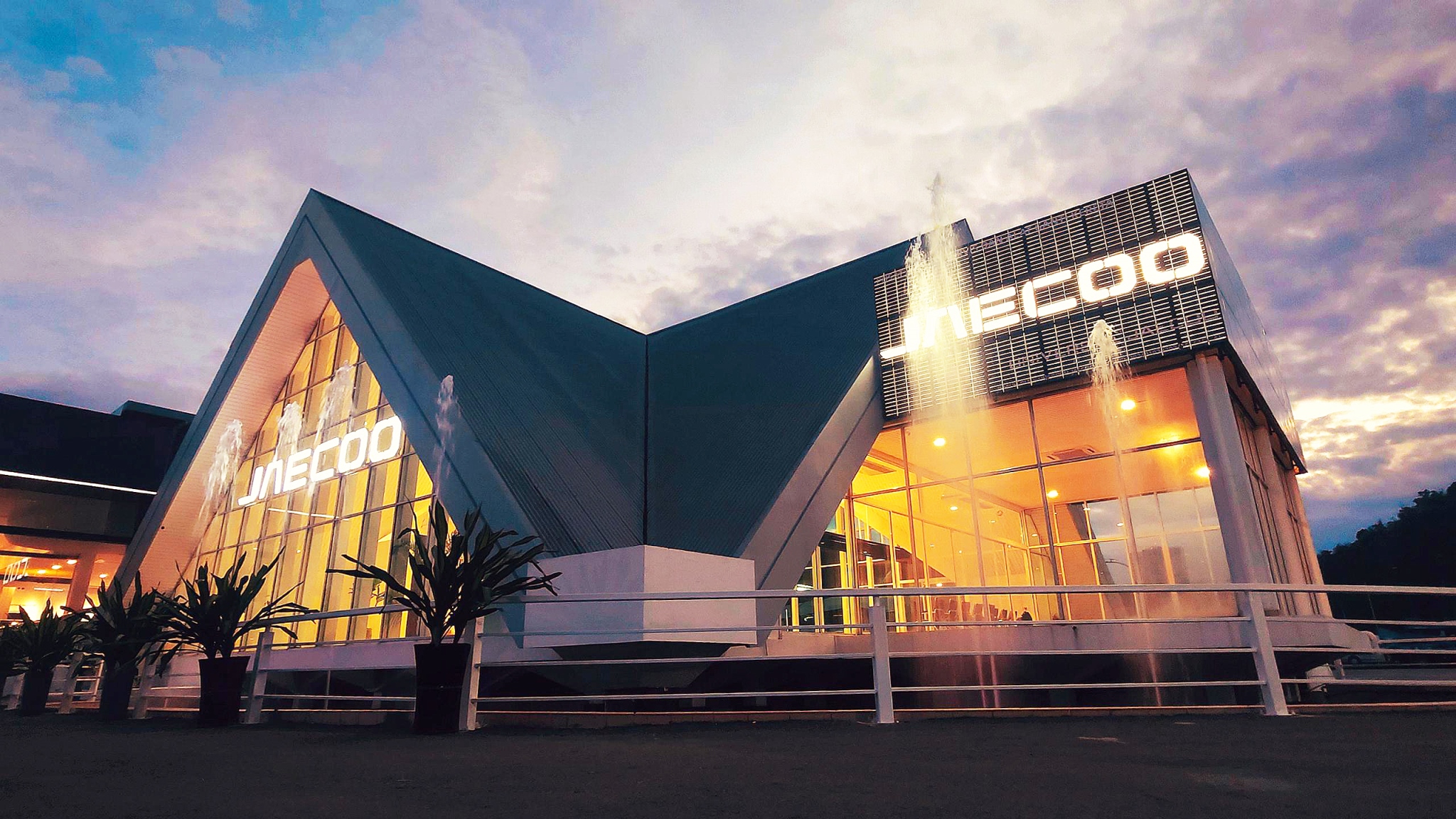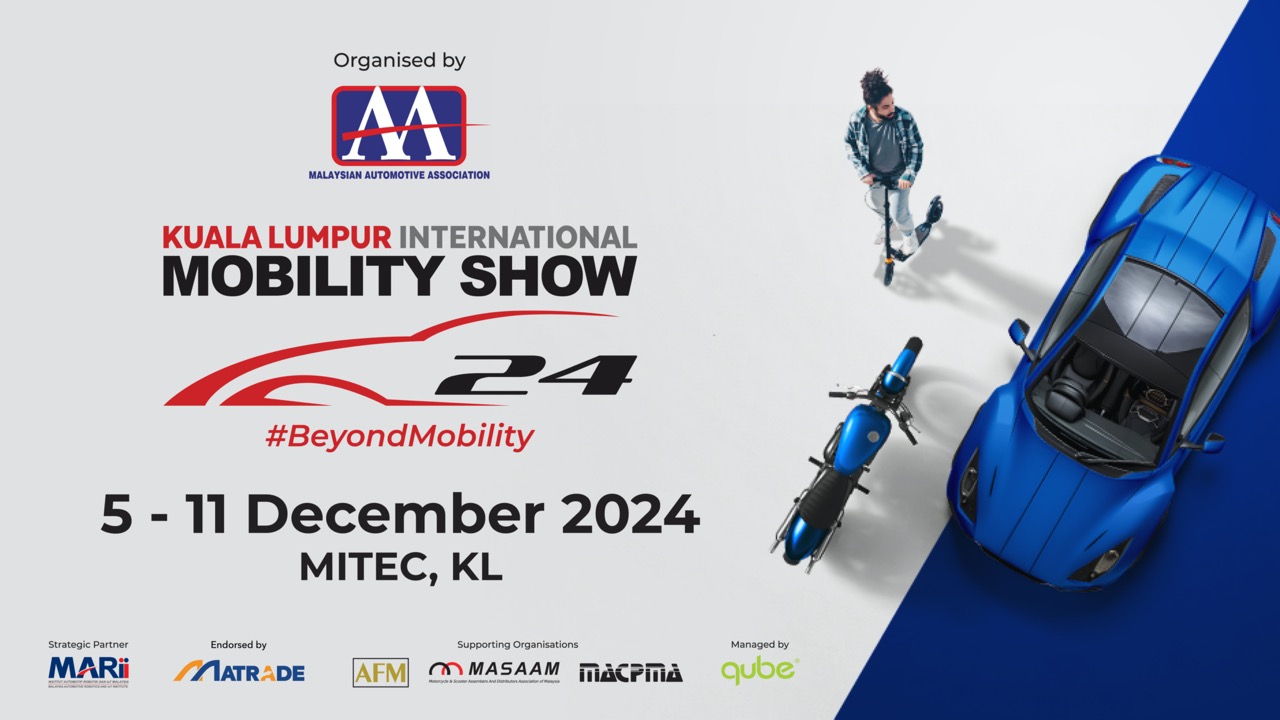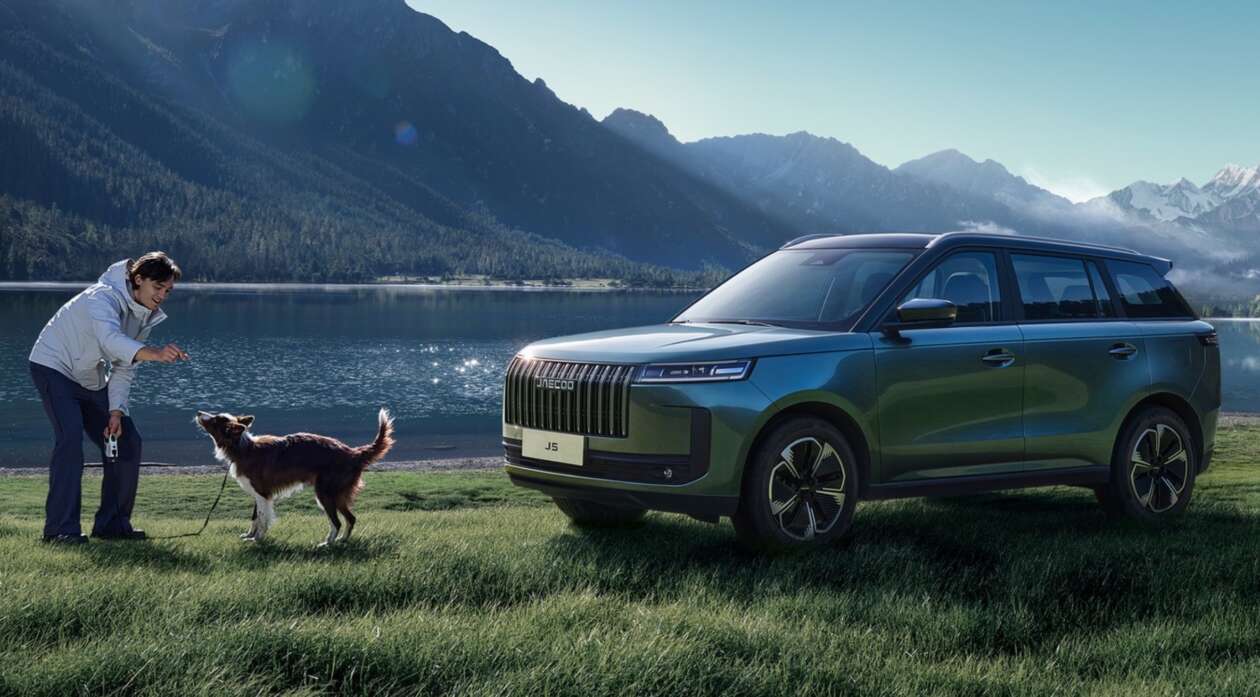In order for electric vehicles (EVs) to be more readily adopted, not only do they need to cost less but the issue of the charging network has to be addressed. The liquid fuel network around the planet where you can find somewhere to refuel – in the desert or in the jungle – is the product of 100 years of development but charging stations are very recent. In fact, it’s only during this decade that the charging network has accelerated as more EVs began appearing on roads.
Ideally, governments should build the infrastructure but it is a costly exercise, so they are leaving it to the industry players to make the investments. On their part, governments typically offer incentives (like tax exemptions) to buyers to reduce the cost of purchasing an EV. So it is up to the carmakers to either build a network themselves or partner companies in the power supply business.
At CES 2023, the Consumer Electronics Show in Las Vegas this week, Mercedes-Benz has announced that it will launch a high-power charging network in key markets that include North America, Europe and China, starting with the USA and Canada this year. The aim is to have the full network in place before the end of the decade, when Mercedes-Benz intends to go all-electric wherever market conditions allow.
(more…)



